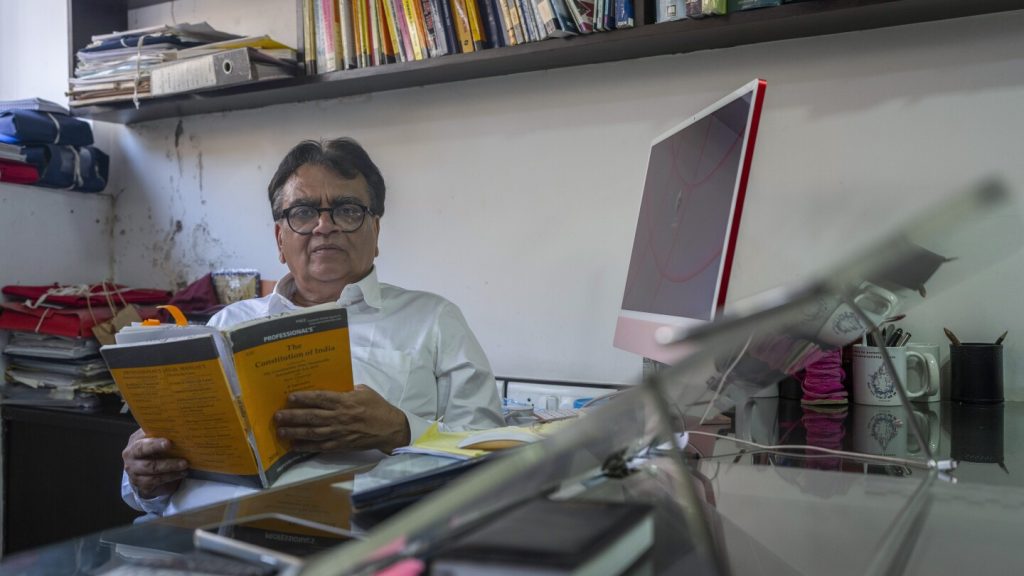The Indian Prime Minister Narendra Modi and his government are facing criticism for using strong-arm tactics to silence political opponents and critics of the ruling Hindu-nationalist party ahead of the nationwide elections. The Modi government has been accused of reversing India’s commitment to multiparty democracy and secularism, with corruption charges brought against officials from rival parties. Dozens of politicians from opposition parties have been investigated or jailed, and the government has frozen bank accounts of the Congress party.
While the Modi administration claims that India’s investigating agencies are independent and democratic institutions are robust, civil liberties are under attack. Peaceful protests have been suppressed, the press is threatened, violence against the Muslim minority is on the rise, and the judiciary appears to align with the executive branch. Despite high voter turnout in recent elections, concerns about the erosion of democratic values persist as Modi seeks another term in office.
Individuals like lawyer Mihir Desai, who has defended political activists and journalists jailed for allegedly plotting against the Modi government, believe that the charges are baseless attempts to silence critics. Desai sees the government’s tactics as an attack on Indian democracy, with the manipulation of investigative agencies and changes to election oversight raising concerns about free and fair elections. The government’s efforts to suppress dissent are seen as a threat to the country’s diversity and fundamental rights.
Politician Waheed-Ur-Rehman Para, who once supported the Indian government’s interests in Kashmir, has been jailed on charges of supporting separatists and militant groups. Para believes that his arrests were politically motivated and intended to endorse the government’s actions in Kashmir, which included a crackdown on the region’s semi-autonomous status. His experience reflects a larger trend of targeting perceived opponents, especially those with ties to the Muslim community, in an effort to stifle dissent and enforce ideological conformity.
Independent journalist Sidhique Kappan was arrested while reporting on a government crackdown in Uttar Pradesh and has faced charges of inciting violence. Kappan’s case highlights the increasing risks faced by journalists in India, where media organizations are under pressure to align with the government’s agenda. Restrictions on foreign journalists in conflict areas like Kashmir and Manipur, censorship of critical reporting, and the targeting of independent media outlets have raised concerns about press freedom in the country.
With the upcoming elections, critics of the Modi government fear that India’s democratic values are under threat and that the country’s diverse population is at risk of losing fundamental rights. The continued use of strong-arm tactics, suppression of dissent, and restrictions on press freedom raise questions about the future of democracy in India. As the ruling Bharatiya Janata Party seeks to maintain power, the international community will be closely watching the election process and its implications for the country’s democratic principles.


